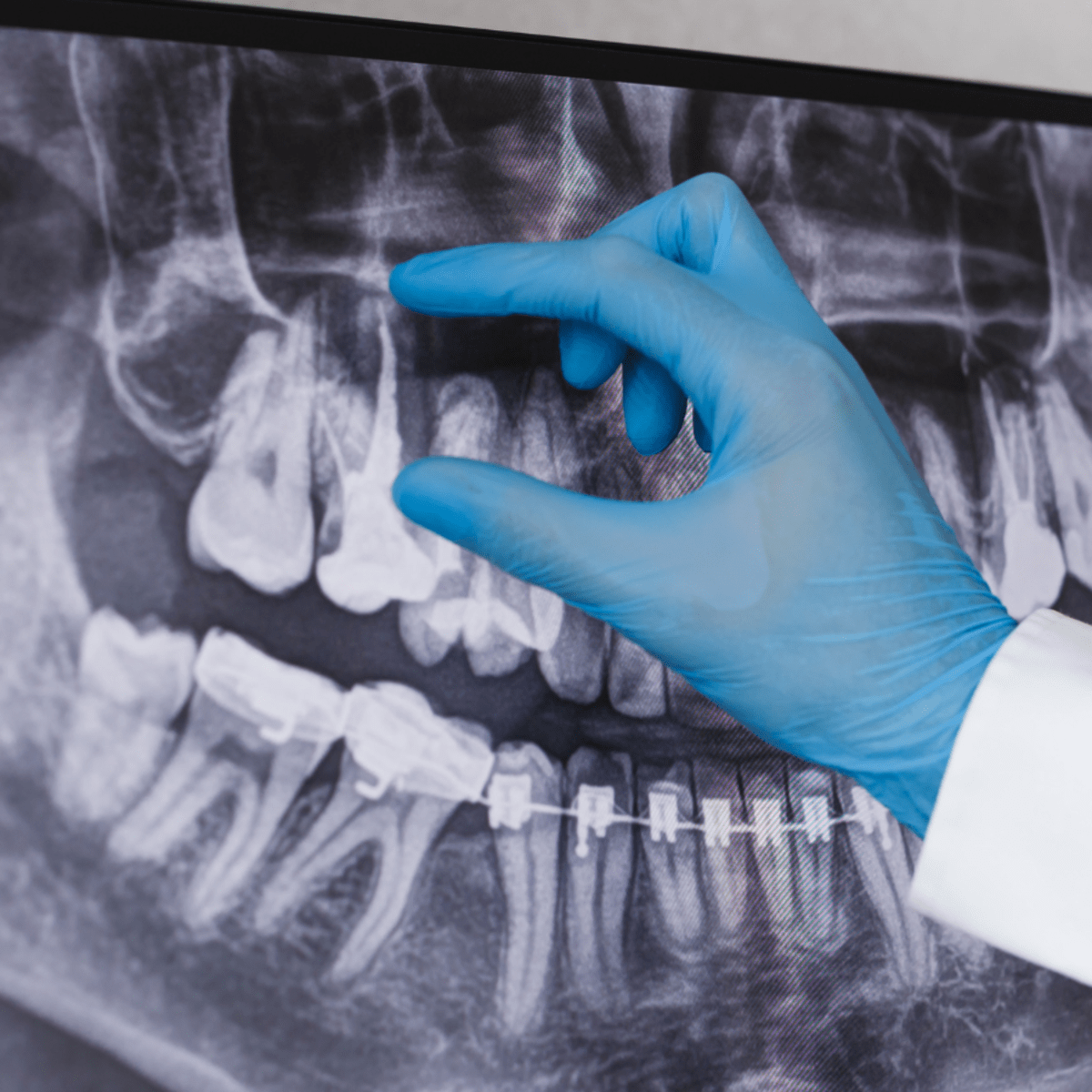Have you ever heard someone use the expression, “I’d rather get a root canal,” to describe how little they want to do something? At Great Care Family Dentistry, we’ve met a lot of patients who didn’t love the idea of getting one. Many people have the idea that it’s a painful and unpleasant process. But the reality is that root canals provide a way to treat a badly damaged tooth and relieve your pain without extracting the tooth. Patients are fully numb and don’t feel anything during the procedure, and when it’s done, they can continue to chew normally without a gap in their teeth or a change in bite.


Why Do You Need Root Canal Treatment?
When a tooth decays, a cavity or small hole in the enamel may form. We can drill out this damaged area and add a filling to protect the tooth, but sometimes the decay progresses before the cavity can be found and treated. As the cavity gets deeper, it eventually passes through the two outer, hard layers of the tooth and into the pulp, a cluster of blood vessels, connective tissue, and nerves. The bacteria causing the tooth decay then infect the pulp, leading to a condition called pulpitis, which has symptoms like intense tooth pain, sensitivity to heat or cold, pain when the tooth is tapped, bad breath, and in some cases, fever.
A cavity isn’t the only way for pulpitis to occur. If you have a crack or chip in your tooth for any reason, this can be a quick conduit for bacteria to get into the tooth and infect the pulp. Some people may not realize they have a cracked tooth until it becomes inflamed and starts causing pain. In some cases, the pulp may also be damaged by an injury to the tooth.
Regardless of how the infection begins, pulpitis must be treated immediately because it can become irreversible quickly. If your sensitivity to cold last more than 30 seconds or lingers after the source of the cold is removed, that’s often a sign that the pulpitis is irreversible. Once your dentist determines that the pulpitis can’t be reversed, there are two options: Extraction or a root canal.
Why Would You Have a Root Canal Instead of an Extraction?
In most cases, a root canal is a better choice because it leaves the tooth in place. Once a tooth has been extracted, there may be a gap between teeth that can affect your bite and ability to chew. This is a particularly big concern if you’ve already had other teeth extracted, or have certain bite issues that limit the number of teeth you can chew on. Of course, it’s hard to predict whether you will have other abscessed teeth in the future, so it’s better not to remove the tooth if this is an option.
Additionally, many people dislike the aesthetic effects of having a tooth removed. Replacing the tooth with a bridge or dental implant is a possibility, but often this is more expensive and time-consuming than a root canal. Patients may also have more pain after an extraction or dental implant than after a root canal.
For all of these reasons, we usually recommend a root canal if it’s a good option for the patient. In some cases, the tooth may have damage below the gum line that can’t be repaired or protected with a crown, or there might be other issues that make a root canal a poor solution. When this happens, we will recommend an extraction instead.

How Does a Root Canal Dentist Treat a Damaged Tooth?
First, we will numb the area with a local anesthetic, then we’ll check to make sure you can’t feel anything. Once we’re sure you’re numb, we’ll drill into the tooth and clean out all the infected pulp, then shape the root canal and fill it with inert material. After the tooth has been thoroughly cleaned, and in some cases treated with medication to prevent further infection, we will put in a temporary filling to keep food and bacteria out.
Next, we’ll make a mold of your teeth so we can create a crown to protect the tooth. After a root canal, the tooth can become weak and brittle, and a crown covers the tooth, protecting it from further damage and keeping bacteria out. We’ll set a second appointment for you to come back and have the crown placed when it’s ready.
What to Do After a Root Canal
Some patients experience pain or soreness following a root canal, but this is usually less pronounced than the pain you might have after an extraction. We typically recommend taking an over-the-counter pain reliever after your appointment to reduce the swelling and soreness. If you experience severe pain afterward, please let us know so we can diagnose the problem.
You should also chew carefully until you get your crown placed to avoid unnecessary stress on the tooth.
What If You Are Very Anxious About the Procedure?
If you have dental anxiety, we offer several types of sedation dentistry to make the treatment easier for you, including nitrous oxide, oral sedation, and IV sedation. Please let us know your concerns and we’ll help you find a solution.
What is the Cost of a Root Canal in Gwinnett County?
People often have concerns about cost, which is understandable. But without knowing what kind of dental insurance you have, it’s impossible to answer this question. Most insurance companies will cover some of the cost of a root canal, but the percentage can vary from 50 percent to 70 or 80 percent depending on the policy. There may also be a deductible to meet, although this is usually relatively low – in other words, your root canal will probably exceed the deductible.
If you have a toothache and think you might need a root canal, we recommend that you come in and get a diagnosis first. It’s possible you may not need a root canal. If you do, our office staff will check with your insurance carrier and get an estimate of what your expected contribution will be. Your diagnostic appointment is usually covered at least in part by insurance and is not particularly expensive.
Sometimes patients want to compare the cost of an extraction with a root canal, but it’s important to keep in mind that a “simple” extraction isn’t always simple. Initially, the cost is usually a lot lower. However, if the gap where the tooth used to be causes problems with your bite or other difficulties, getting a dental implant or bridge will present a future expense. Sometimes the hole an extraction leaves behind isn’t an immediate problem, but a few years down the road you may have an abscess in another tooth next to the gap. If you have an extraction, you’ll have more difficulty and need more expensive dental work. So it’s helpful to consider that there may be long-term costs from saving money on a root canal now.
Contact a Gwinnett County Root Canal Dentist Today
If you or your child have a toothache, please don’t wait for the pain to get worse – call Great Care Family Dentistry and make an appointment today. Whether you need a root canal, an extraction, or another treatment, we can take care of your dental needs. Our helpful office staff is available to answer any questions you have.